The Fall of Troy
Troy is an original modern artwork realized by Ferdinand Bac (1859 - 1952) in 1922 .
Original Lithograph on ivory paper.
Signed and dated on plate on the lower left corner: F. Bac 1922.
Perfect conditions.
Discover More Interesting Modern Artworks On Wallector.com!
The Fall of Troy is an original modern artwork realized by Ferdinand Bac (1859 - 1952) in 1922 .
Original Lithograph on ivory paper.
Signed and dated on plate on the lower left corner: F. Bac 1922.
Good conditions.
Discover More Interesting Modern Artworks On Wallector.com!
The Fall of Troy is an excellent liberty style work that depicts a very interesting scene. A female figure is trying to stop a soldier with the typical helmet. Below, on the right and on the left, we find bodies lying down and, on the left, covered by a veil and with the lyre, a frightened figure. The background is characterized by columns and thick vegetation.
This work has been realized the French artist Ferdinand Bac (1859 - 1952). Ferdinand-Sigismond Bach, known as Ferdinand Bac was a French cartoonist, artist and writer, son of an illegitimate nephew of the Emperor Napoleon. As a young man, he mixed in the fashionable world of Paris of the Belle Époque, and was known for his caricatures, which appeared in popular journals. He also traveled widely in Europe and the Mediterranean. In his fifties, he began a career as a landscape gardener. He attended Adolphe Thiers, Gambetta, Richard Wagner, Victor Hugo, Taine, Villiers de L'Isle-Adam, Paul Verlaine, Maurice Barrès, Barbey d'Aurevilly, Alphonse Daudet, Guy de Maupassant, Verdi, Gounod, Pierre de Nolhac, and many more other famous people of the time. He established himself as one of the first cartoonists and caricaturists of his time, as famous as Albert Robida, Job, Sem, Jean-Louis Forain or Caran d'Ache. Ferdinand alternated between Colombières and a beautiful mansion in Compiègne that also belonged to the Ladan-Bockairys. There he met Marcel Proust, Jean Cocteau, Gabriele D'Annunzio and Anna de Noailles. Until the end of his life, Ferdinand Bac continued to travel, write and draw, reflecting on the political and historical development of the world.



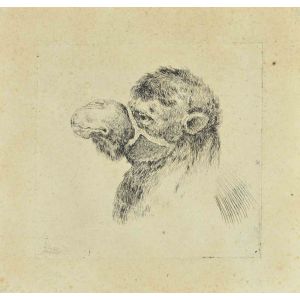
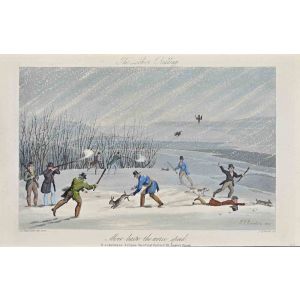
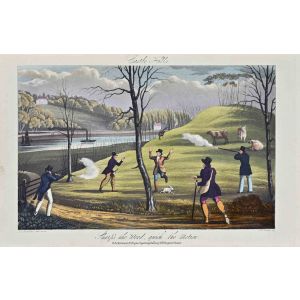
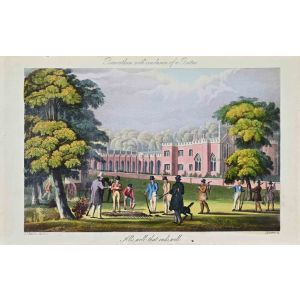
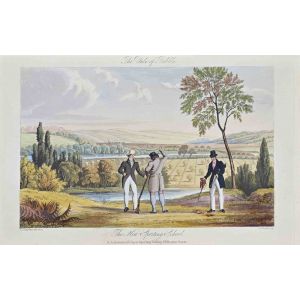
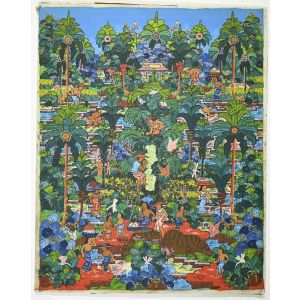
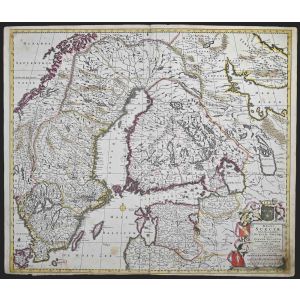
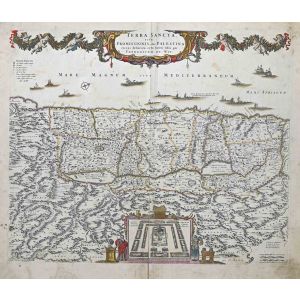
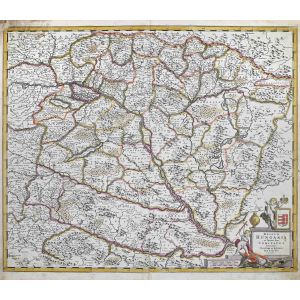
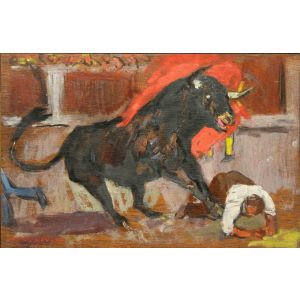
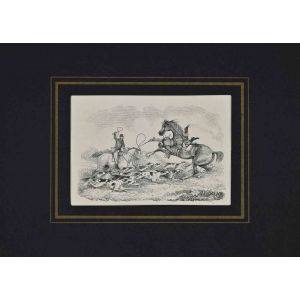
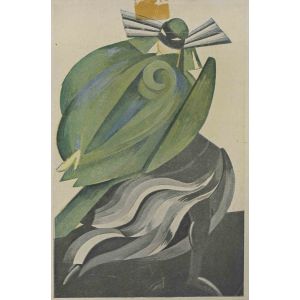
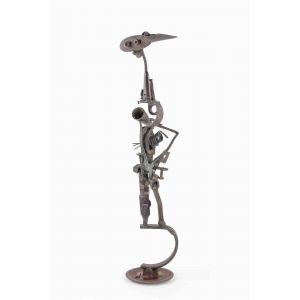
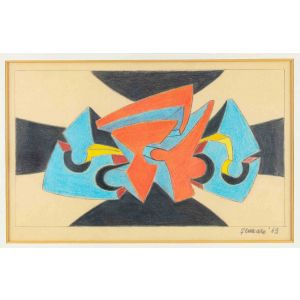
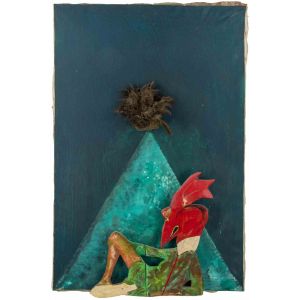
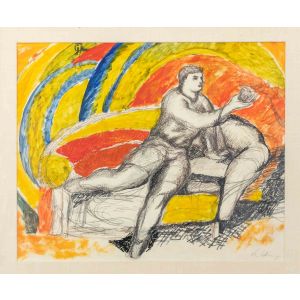
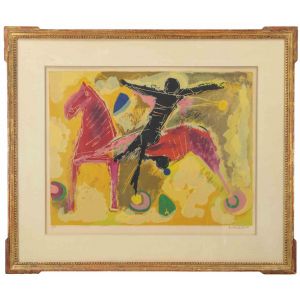
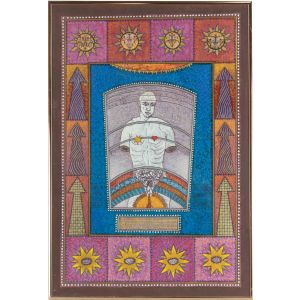
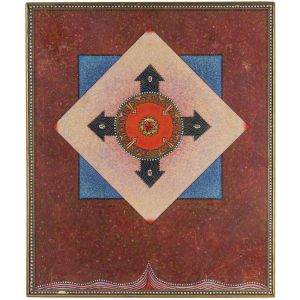
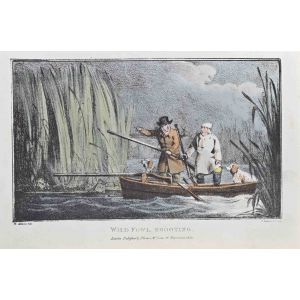





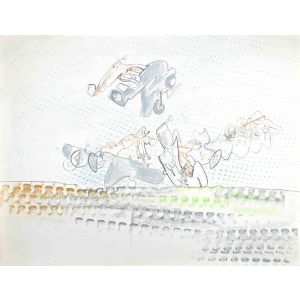






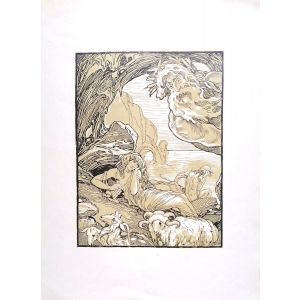







Validate your login
Sign In
Create New Account